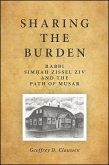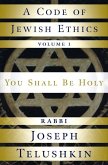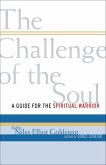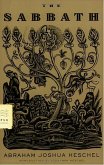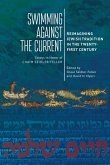Judah Halevi's 'The Kuzari' is a significant work of medieval Jewish philosophy written in the 12th century. The book takes the form of a dialogue between the king of the Khazars and a Jewish rabbi, discussing the foundations of Judaism and the reasons for its superiority over other religions. Halevi blends elements of theology, philosophy, and history in his discourse, presenting a unique perspective on faith and religious belief. The literary style is characterized by logical arguments and profound insights, making it a thought-provoking read for scholars and theologians alike. Judah Halevi, a Spanish Jewish poet and philosopher, was known for his contributions to Jewish thought and literature. His personal journey of faith and his interactions with different cultures likely influenced the writing of 'The Kuzari,' as he grappled with questions of identity and religious conviction. Halevi's deep knowledge of Jewish tradition and his mastery of Arabic and Hebrew languages shine through in this seminal work. I highly recommend 'The Kuzari' to readers interested in exploring the intersections of religion, philosophy, and history. Halevi's compelling arguments and eloquent prose offer valuable insights into the unique aspects of Judaism and its enduring relevance in today's world.
Dieser Download kann aus rechtlichen Gründen nur mit Rechnungsadresse in A, B, BG, CY, CZ, D, DK, EW, E, FIN, F, GR, H, IRL, I, LT, L, LR, M, NL, PL, P, R, S, SLO, SK ausgeliefert werden.





